What Size Piston Air Compressor Do You Need? A Guide by Application
Posted by EMILY OWEN
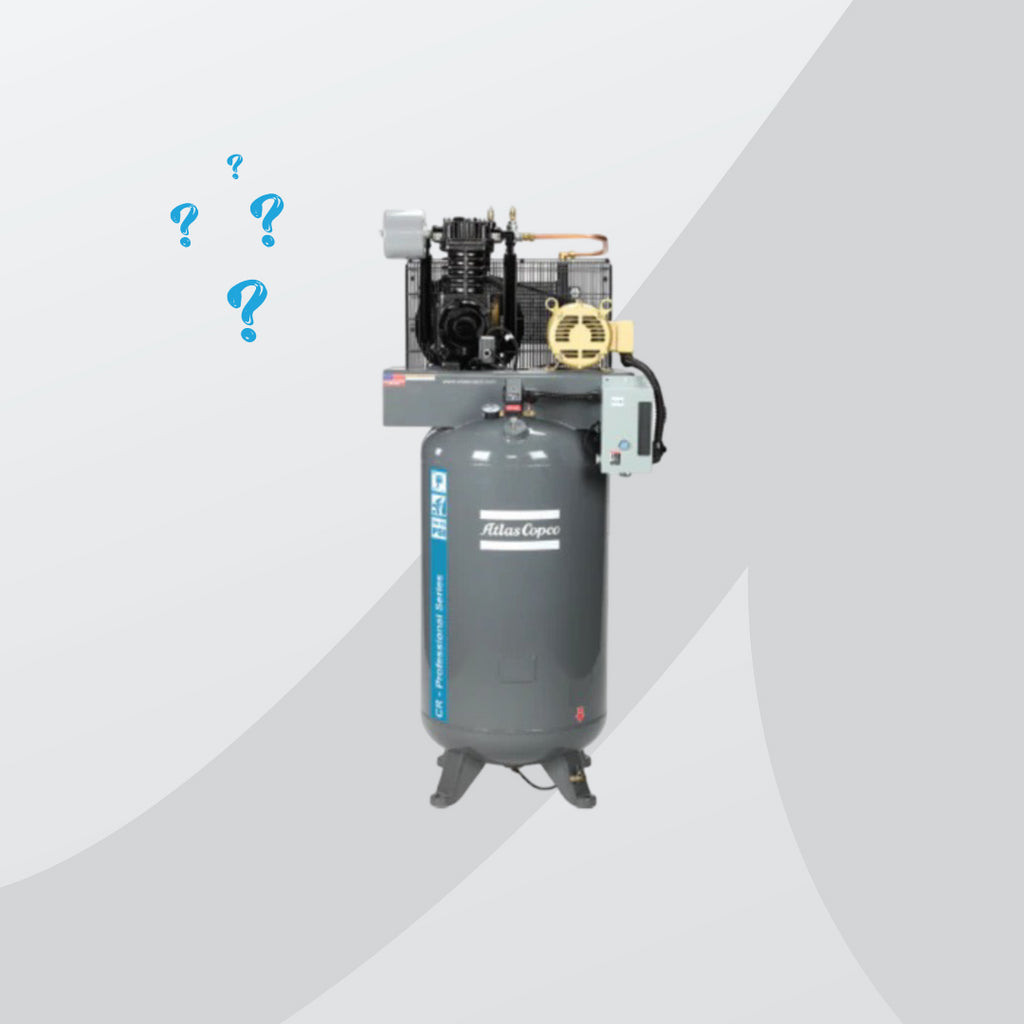
When it comes to selecting a piston air compressor, one of the most critical factors to consider is the size. But how do you determine what size piston air compressor you need for your specific application? Let's dive into a comprehensive guide to help you make an informed decision. What factors determine the size of a piston air compressor? The size of a piston air compressor is typically determined by the amount of air (measured in cubic feet per minute, or CFM) that it can deliver. The CFM requirements for your application will depend on factors such as the tools...
Common Piston Compressor Terms Explained (CFM, PSI, Duty Cycle)
Posted by EMILY OWEN
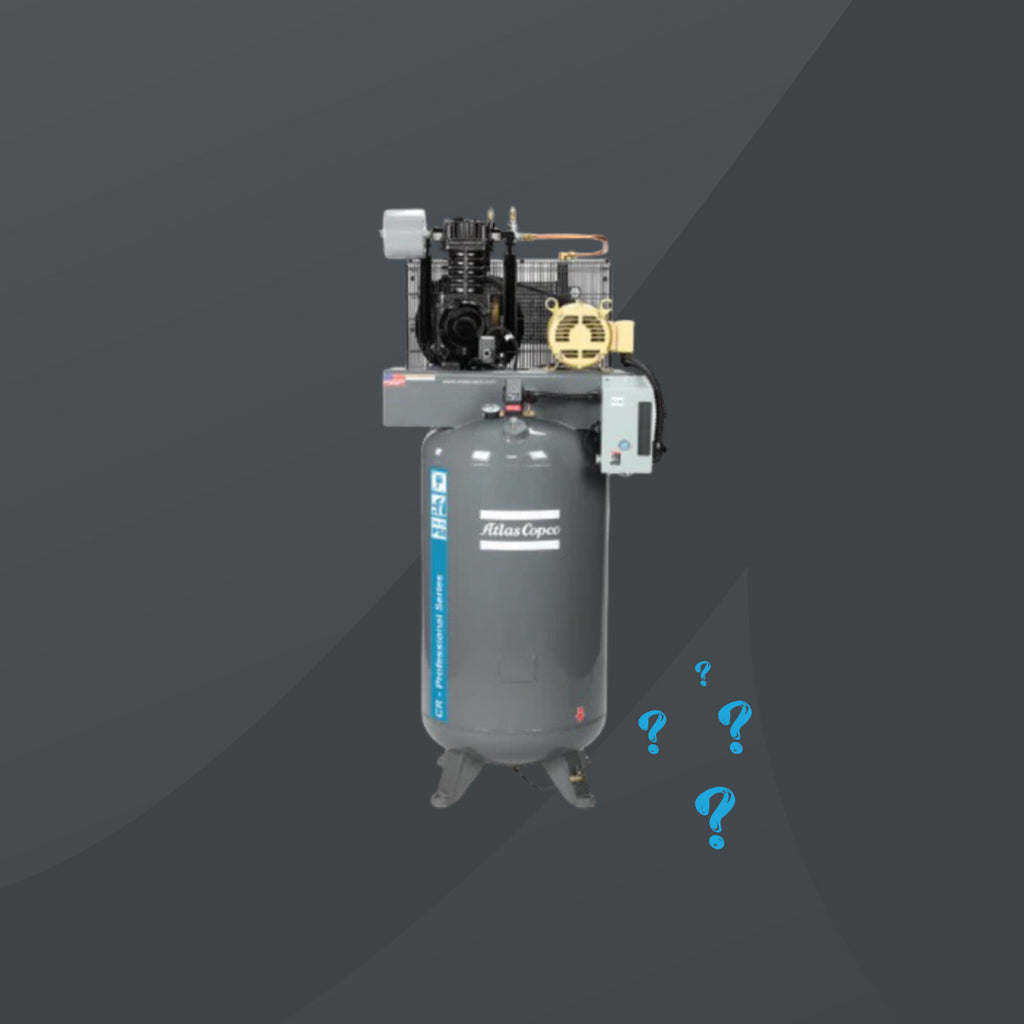
When it comes to piston compressors, there are several key terms that are essential to understand in order to make informed decisions about your equipment. Let's break down some common piston compressor terms: CFM, PSI, and Duty Cycle. What is CFM? CFM stands for Cubic Feet per Minute, and it is a measurement of the volume of air that the compressor can deliver. This metric is crucial in determining the compressor's capability to power pneumatic tools or equipment. The higher the CFM rating, the more air the compressor can deliver, making it suitable for heavy-duty applications. What is PSI?...
Best Piston Air Compressors in 2025 – What to Look For & Top Features
Posted by EMILY OWEN
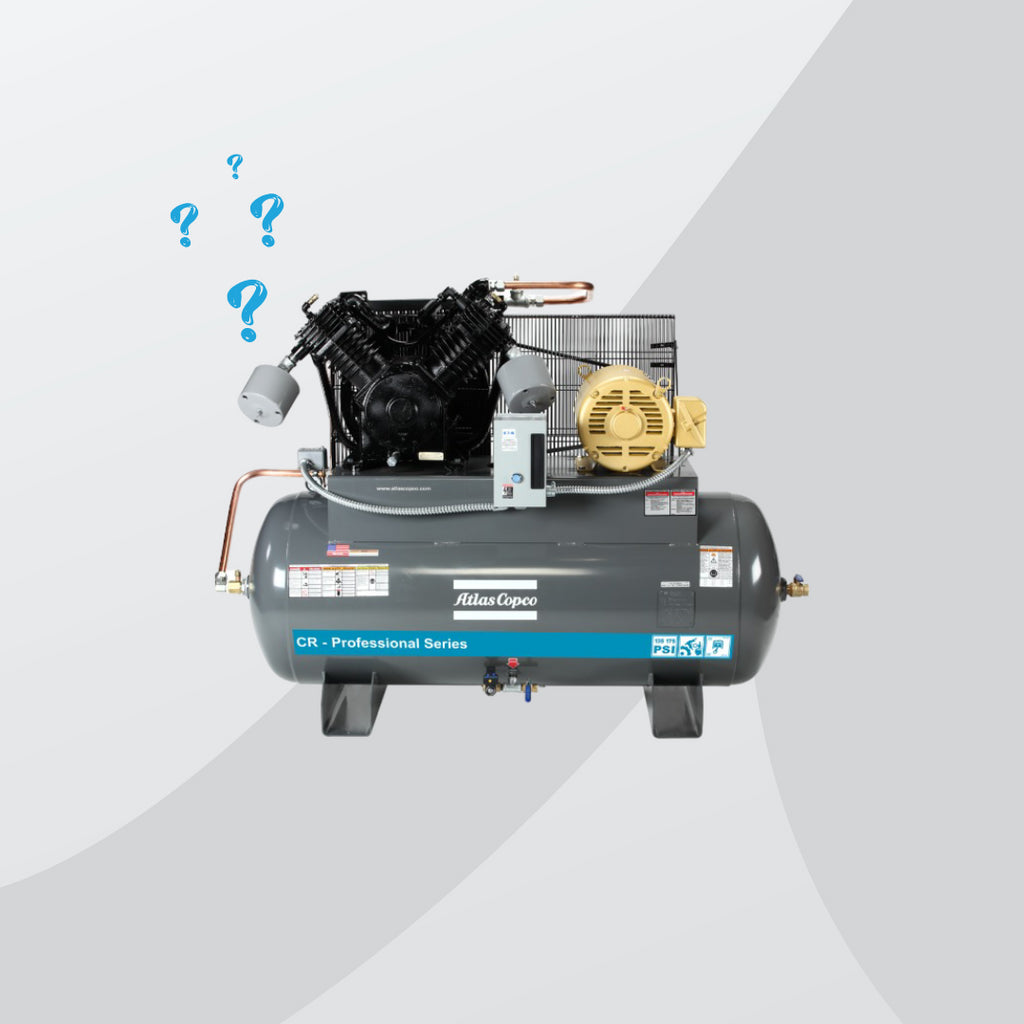
When it comes to selecting a piston air compressor, there are several key factors to consider to ensure you are getting the best product for your needs. In 2025, the market is filled with a variety of options, so it's important to know what to look for and what features are essential for optimal performance. What Should You Consider Before Making a Purchase? Before investing in a piston air compressor, it's crucial to assess your specific requirements. Consider factors such as the intended use, required pressure levels, and the frequency of use. By understanding your needs, you can narrow down...
How to Choose the Best Condensate Drain for Your Compressed Air System
Posted by EMILY OWEN
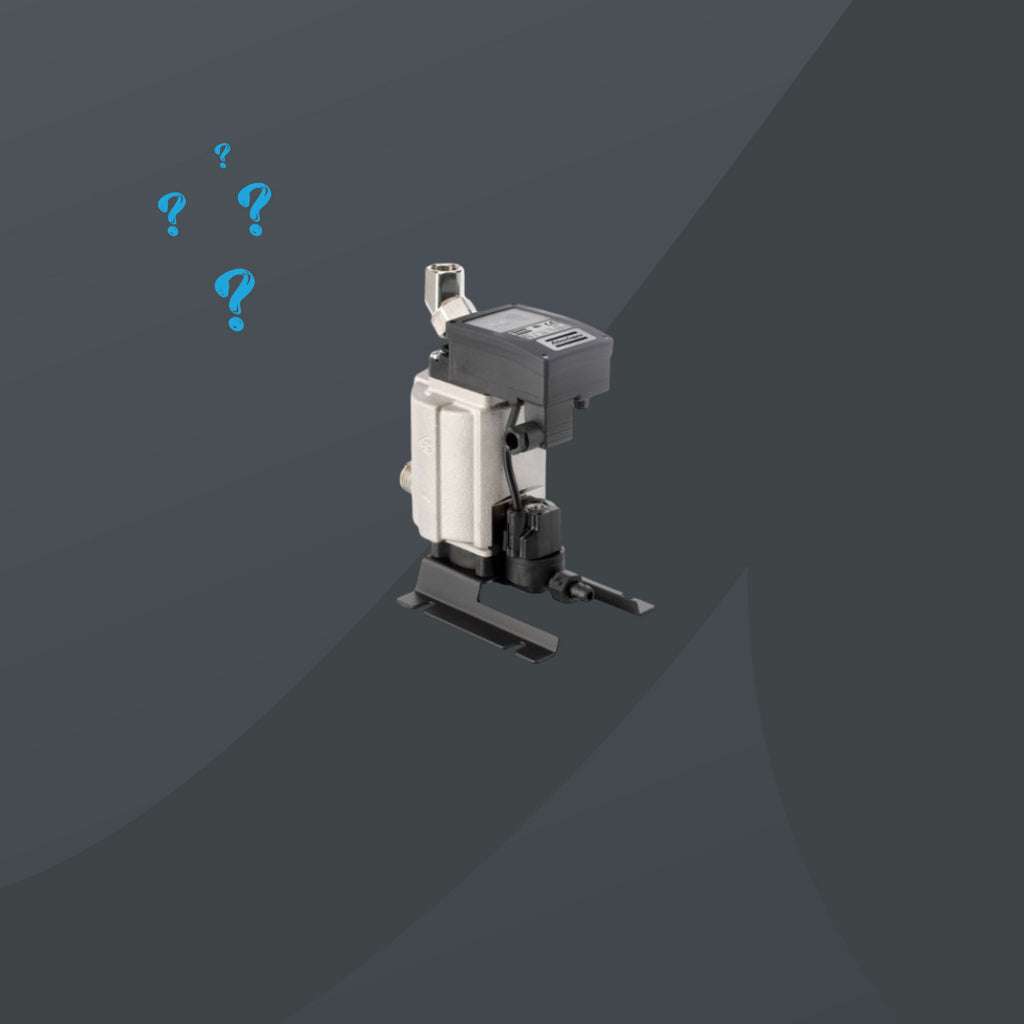
When it comes to maintaining your compressed air system, choosing the right condensate drain is crucial. With so many options available, how do you know which one is the best fit for your system? Let's explore the key factors to consider when selecting a condensate drain. What is a Condensate Drain and Why is it Important? A condensate drain is a vital component of a compressed air system that removes moisture and contaminants from the system. Without an effective condensate drain, excess moisture can lead to corrosion, damage to equipment, and decreased efficiency. Types of Condensate Drains There are several...
Upgrade to an Atlas Copco High-Efficiency Air Compressor to Cut Costs
Posted by EMILY OWEN

Are you looking to upgrade your current non-Atlas Copco compressor? The AirSwap Program offers a simple and efficient solution to help you make the switch to a new, high-efficiency Atlas Copco compressor. Read this article to learn how it works.
Choosing the Right CR Series Compressor: Professional and Industrial Models Compared
Posted by EMILY OWEN
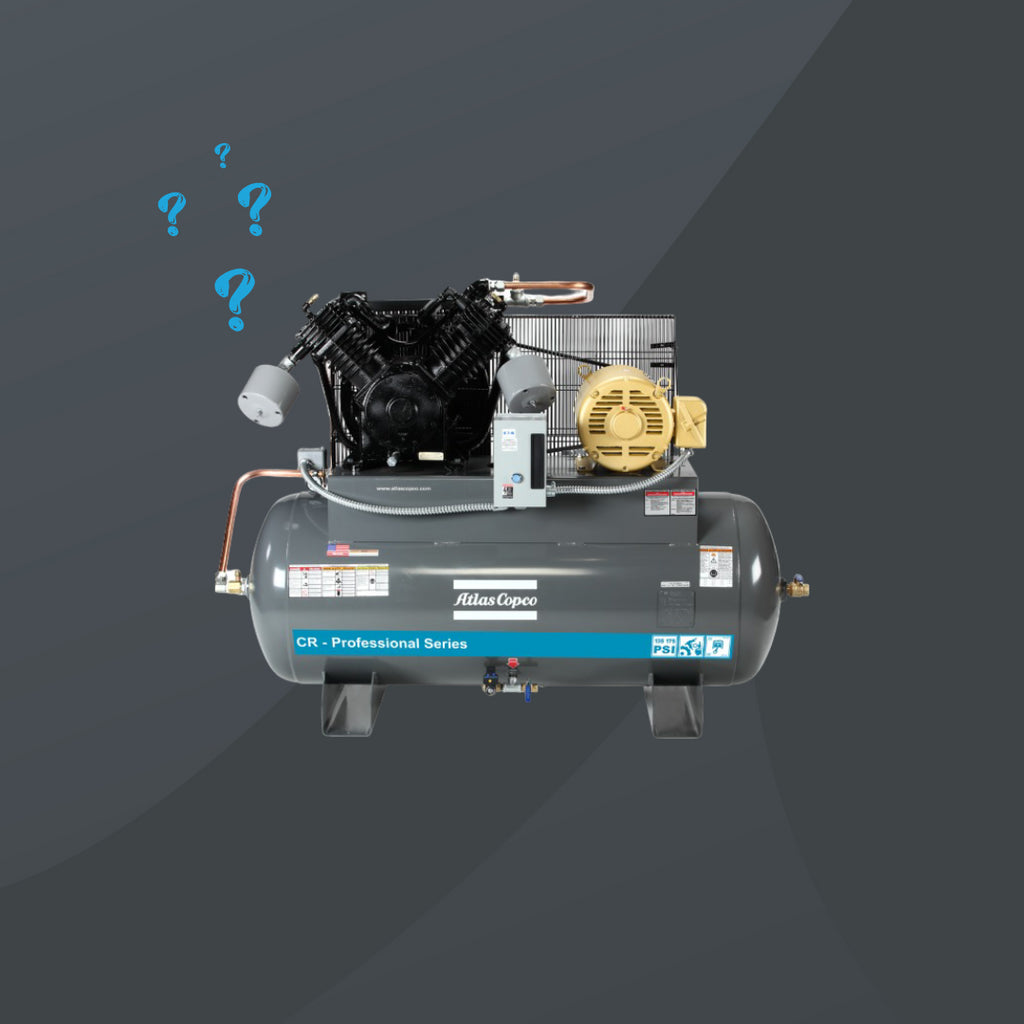
Choosing the right air compressor depends on your work environment and performance needs. The CR Series lineup—Professional and Industrial—offers tailored solutions for every level of use, from mobile jobsites to high-demand industrial floors. CR Professional Series: Stationary Shop Reliability Best for: Auto shops, maintenance teams, light industrial use The Professional Series offers durable two-stage compressors for stationary environments. Available in multiple configurations, including simplex, duplex, and base mount, with gas or electric power options. 5–20 HP, up to 175 PSIHigh-efficiency intercoolers, TEFC/NEMA 4 upgrades availableExtended 5-year pump warranty with maintenance kits A reliable, long-term solution for operations needing daily...
What is a refrigerant dryer?
Posted by EMILY OWEN
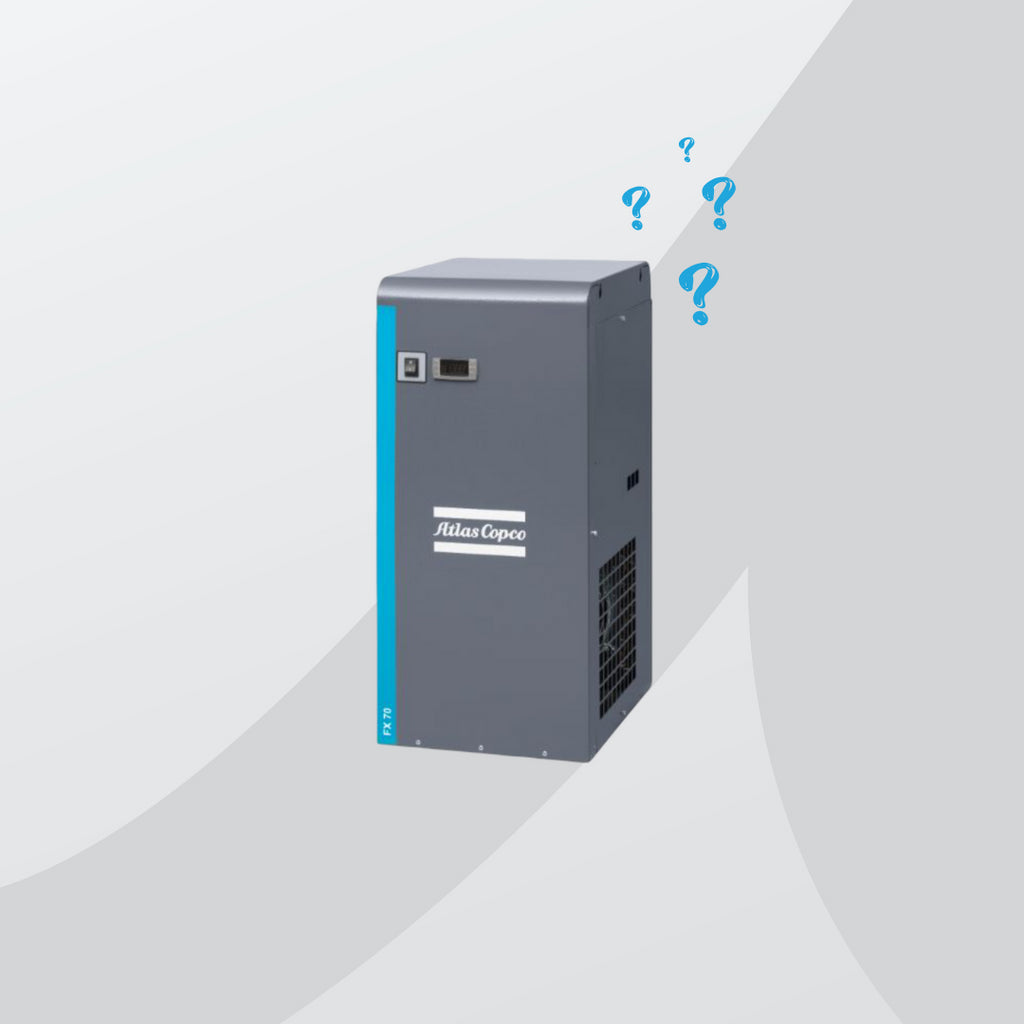
Refrigerant dryers play a crucial role in maintaining the quality of compressed air systems. But what exactly is a refrigerant dryer and how does it work? What is a Refrigerant Dryer? A refrigerant dryer is a type of compressed air dryer that removes moisture from compressed air using a refrigeration system. These dryers are commonly used in industrial applications where clean, dry air is essential for the operation of pneumatic tools, machinery, and equipment. How Does it Work? Refrigerant dryers work by cooling the compressed air to lower its dew point, causing the moisture in the air to condense into...
Do I need a condensate drain and oil water separator?
Posted by EMILY OWEN
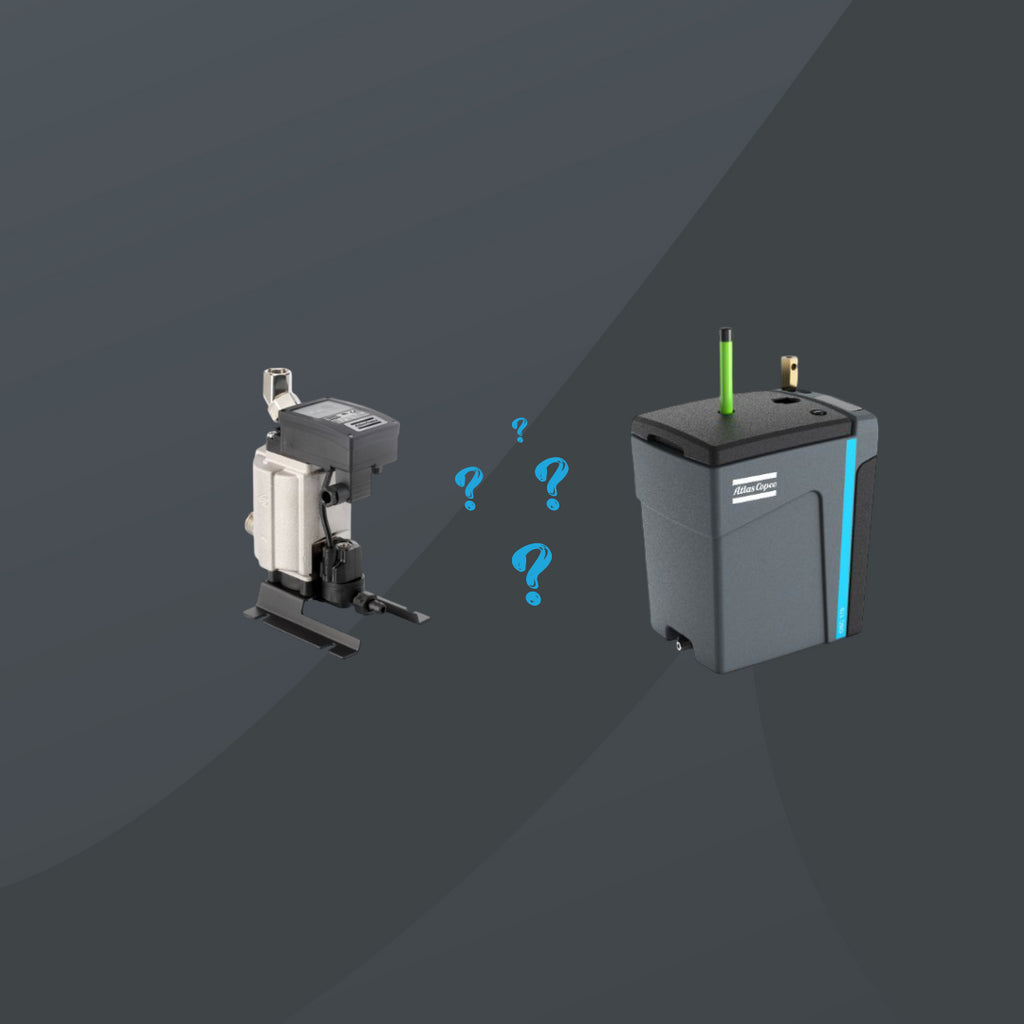
When it comes to maintaining your equipment and ensuring its optimal performance, certain components are essential. But do you really need a condensate drain and oil water separator? Let's delve into the importance of these two crucial elements. What is a Condensate Drain? A condensate drain is a vital part of any air compressor system. As compressed air cools, it releases water vapor that condenses into liquid water. Without a condensate drain, this water can accumulate in the system, leading to corrosion, contamination, and decreased efficiency. A condensate drain removes this excess water, preventing damage and ensuring the longevity of...
What is a condensate drain?
Posted by EMILY OWEN
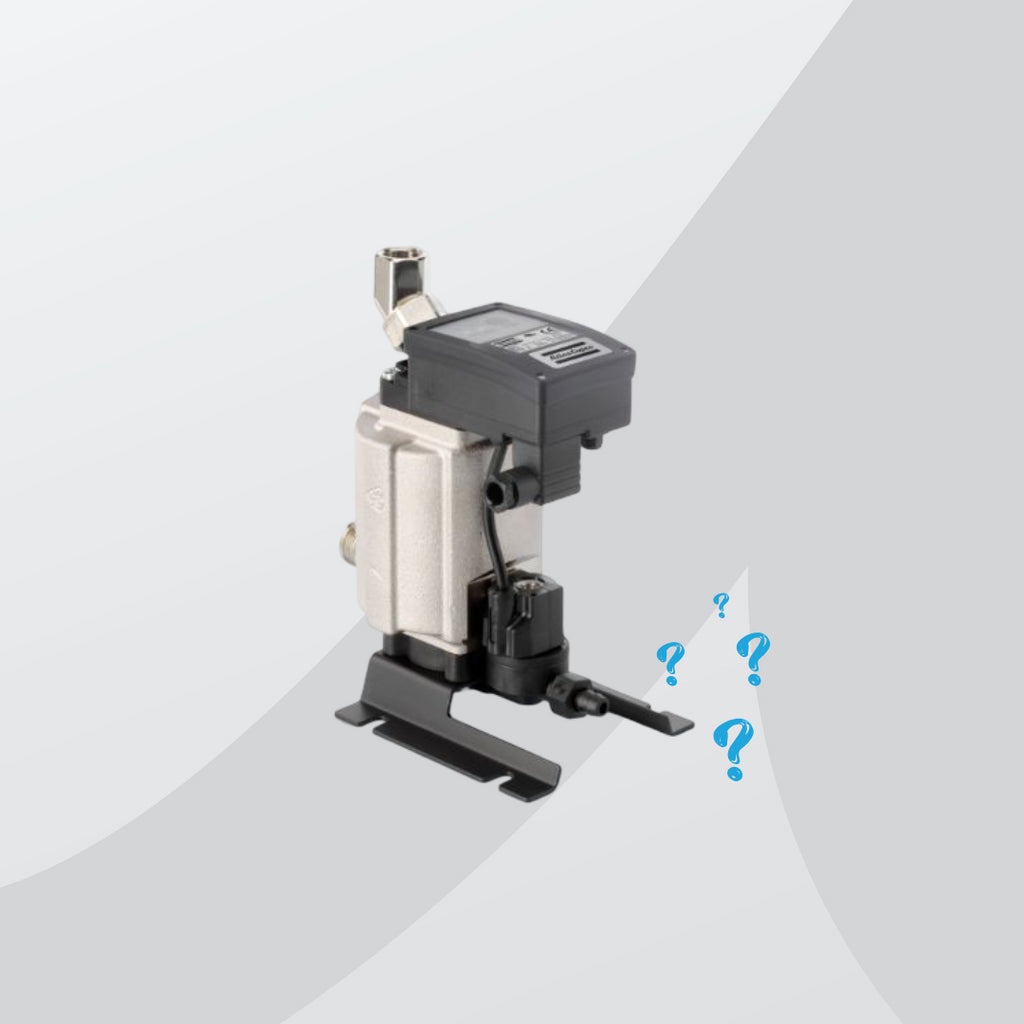
Industrial air compressors are essential tools in many manufacturing and production facilities, providing the necessary power to operate pneumatic tools and equipment. However, with the operation of air compressors comes the inevitable accumulation of moisture in the system. This is where the condensate drain plays a crucial role. What is a condensate drain? A condensate drain is a vital component of an industrial air compressor system designed to remove the moisture that accumulates during the compression process. As air is compressed, the temperature rises, causing the moisture vapor in the air to condense into liquid water. This water must be...
How to Size a Rotary Screw Compressor for Your Business
Posted by EMILY OWEN
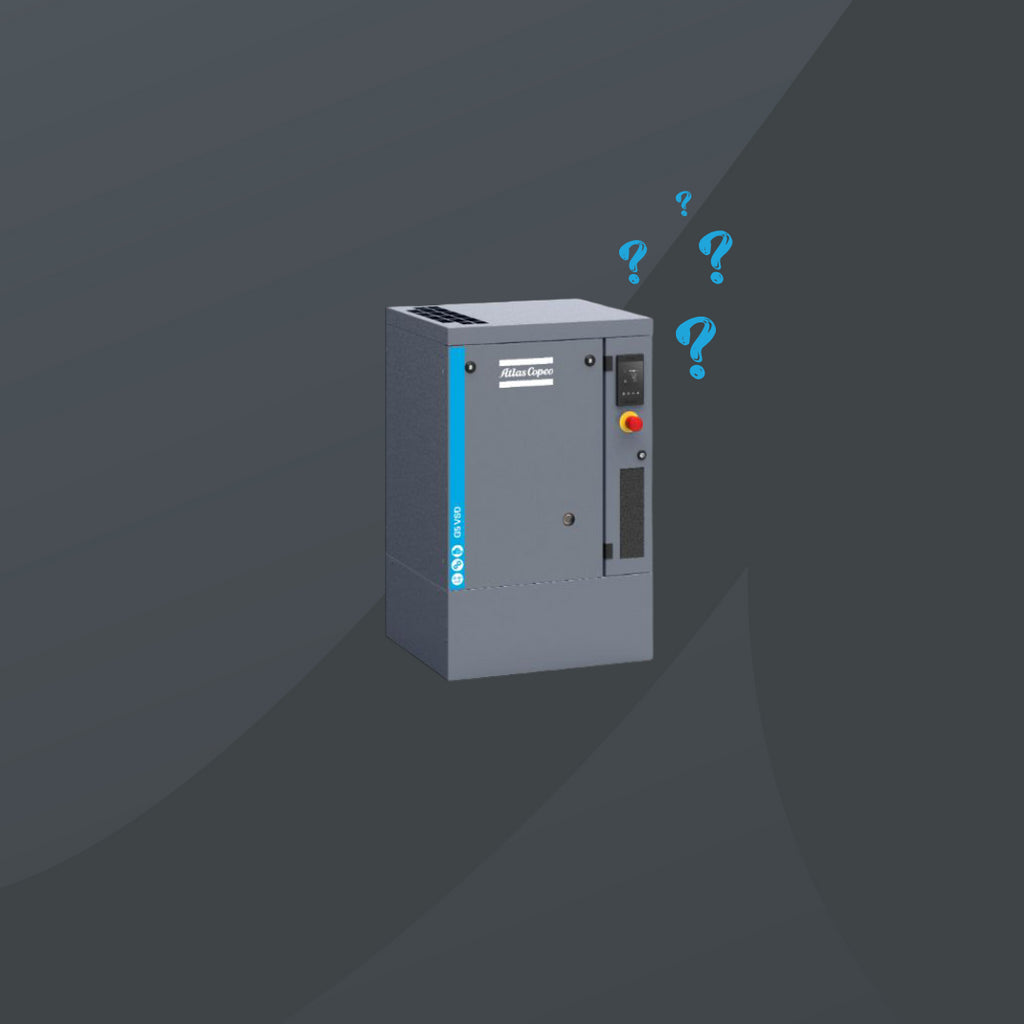
When it comes to selecting the right rotary screw air compressor for your business, size matters. The size of the compressor will directly impact its efficiency, performance, and overall cost-effectiveness. But how do you determine the correct size for your specific business needs? Let's dive into the key factors to consider when sizing a rotary screw air compressor. What is the Required Air Flow? The first step in sizing a rotary screw air compressor is to determine the required air flow for your operations. This is typically measured in cubic feet per minute (CFM). To calculate the CFM, consider the...
Choosing the Right Piston Air Compressor for Your Business
Posted by EMILY OWEN
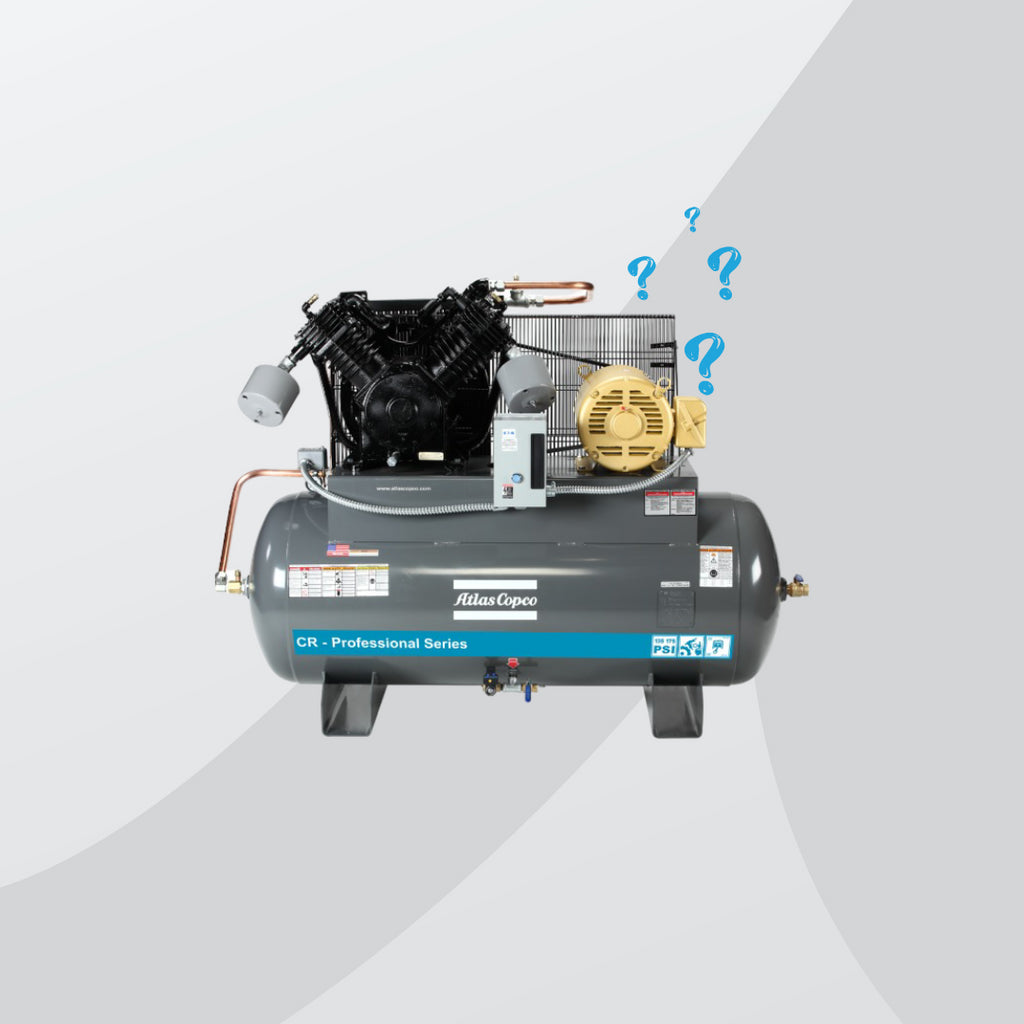
When it comes to industrial applications, having the right equipment can make all the difference. A piston air compressor is a crucial tool for many businesses, providing compressed air for a wide range of tasks. But with so many options available, how do you choose the right one for your specific needs? Understanding Your Air Requirements The first step in selecting the perfect piston air compressor is to assess your air requirements. Consider factors such as the volume of air needed, the pressure levels required, and the duty cycle of the compressor. By understanding your specific needs, you can narrow...
Oil-Water Separator for Air Compressors: How to Choose the Right One
Posted by EMILY OWEN
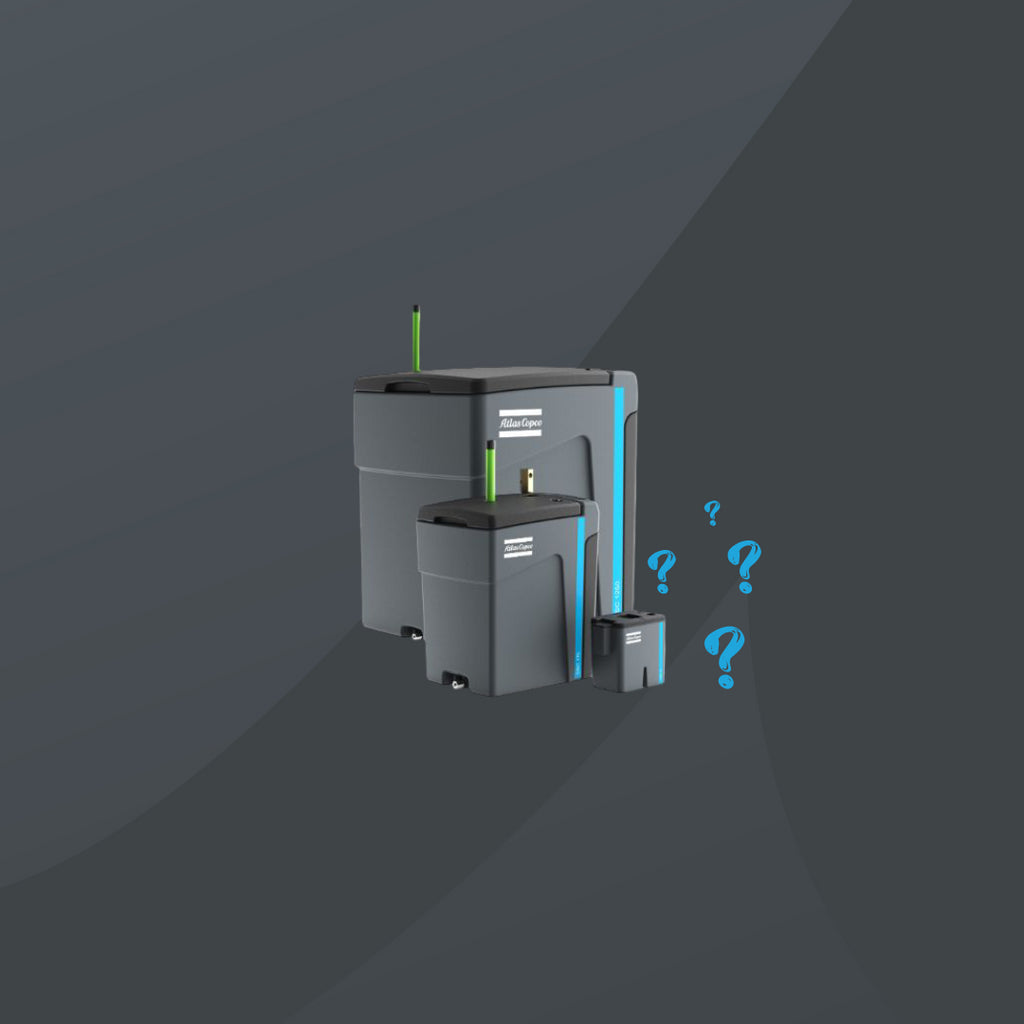
When it comes to maintaining your air compressor, ensuring that the oil and water are properly separated is crucial for optimal performance. But with so many options available, how do you choose the right oil-water separator for your air compressor? Understand Your Air Compressor's Needs Before selecting an oil-water separator, it's essential to understand the specific requirements of your air compressor. Consider factors such as the compressor's size, operating pressure, and the volume of air it processes. These details will help you determine the capacity and efficiency needed in an oil-water separator. Look for High Efficiency Efficiency is key when...
